About Landcare Agriculture
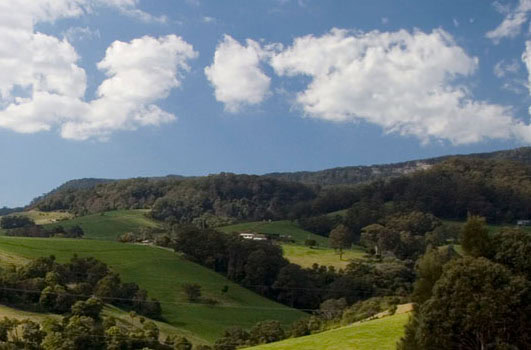
The Landcare Agriculture Program (Landcare Ag) serves as a trusted and vital bridge between the agricultural and environmental sectors, facilitating collaboration for mutual benefit.
Operating with primary producers on-ground, it ensures that both agricultural and environmental outcomes are effectively integrated and optimised. This program exemplifies the practical synergy between agriculture and environmental stewardship, driving tangible results that advance nature positive practices and outcomes on-ground. For more information please contact Angela Hammond, Landcare Agriculture Program Manager [email protected].
Landcare Agriculture Biodiversity in Action Grants support landcare and producer groups in partnering with experts to boost biodiversity measuring and management skills.
Over a 2-3 year period, on-farm projects will focus on protecting and improving natural resources and minimizing biodiversity impacts from food and fibre production.
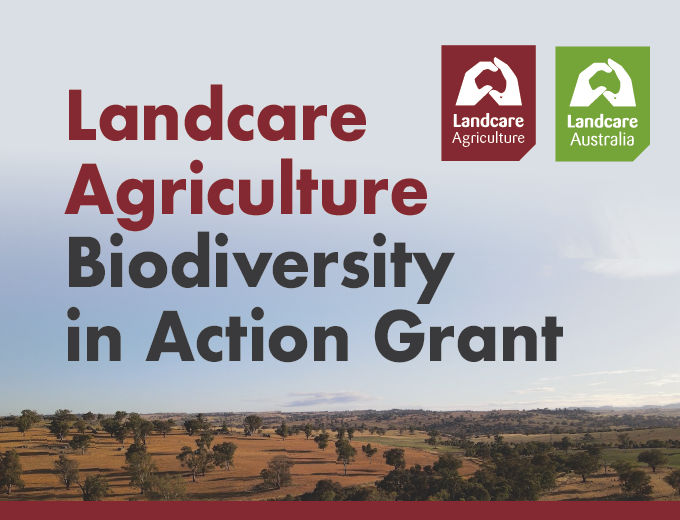

Landcare Agriculture Webinar Series
Landcare Agriculture supports farmers, graziers and landholders across Australia with expert advice to improve agriculture and ecological outcomes on their properties. Landcare Agriculture regularly hosts free webinars to build knowledge in the area of natural capital accounting and biodiversity.
Program Objectives
Landcare Ag aims to enhance the sustainability and resilience of Australian agriculture, by increasing primary producer and land manager literacy of natural capital and sustainable land management practices.
It will achieve this by providing independent, scientifically robust information and resources to support validation of practical, on-ground, climate-smart land management practices.
By fostering collaboration between primary producers, industry experts, government agencies, extension organisations, landcare, First Nations, and corporate stakeholders, the program will support adoption of environmentally sustainable practices while optimising agricultural productivity.
Agri-Business Assessment and Planning
- Provide accurate data, information and support for adoption of sustainable land management practices, including practical approaches for managing natural capital, integrated into an overall agri-business plan.
- Develop data driven property plans, outlining strategies for improved soil, water and biodiversity management.
Connect primary producers and land managers with expert agronomists, ecologists, and soil scientists, plus First Nations knowledge holders, to boost natural capital literacy and sustainable agriculture knowledge for better decision-making. Promoting stronger connections between improved natural capital management and sustainable agriculture practices.
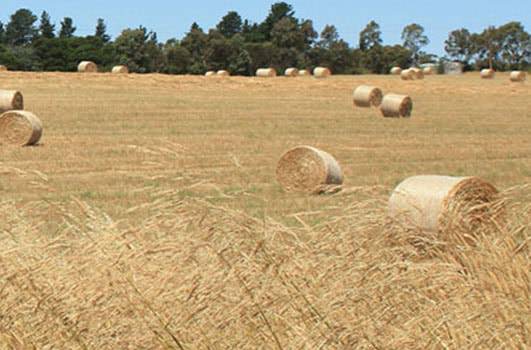
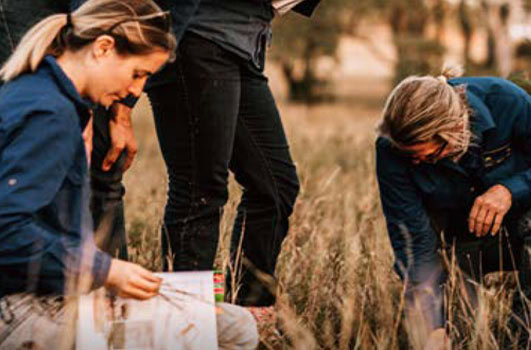
Capacity Building and Training
Provide workshops, technical assistance and training in key topics of sustainable agriculture, including improved management of natural capital and First Nations perspectives on land stewardship.
Knowledge Sharing and Outreach
- Promote sustainable farming practices through targeted campaigns, training, producer demonstration sites and Landcare Australia’s well-established network of stakeholders.
- Facilitate cross-cultural knowledge sharing and reciprocal learning opportunities between First Nations and non-Indigenous producers, fostering mutual respect, understanding, and increasing sector collaboration.
- Collaborate with industry associations, research institutions and government agencies to disseminate findings and practical insights to a broader audience, emphasising the importance of integrating First Nations knowledge systems into sustainable agriculture strategies.
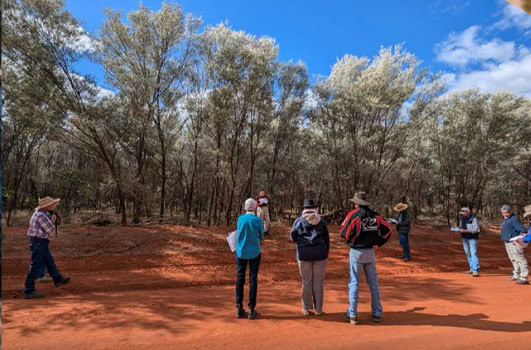
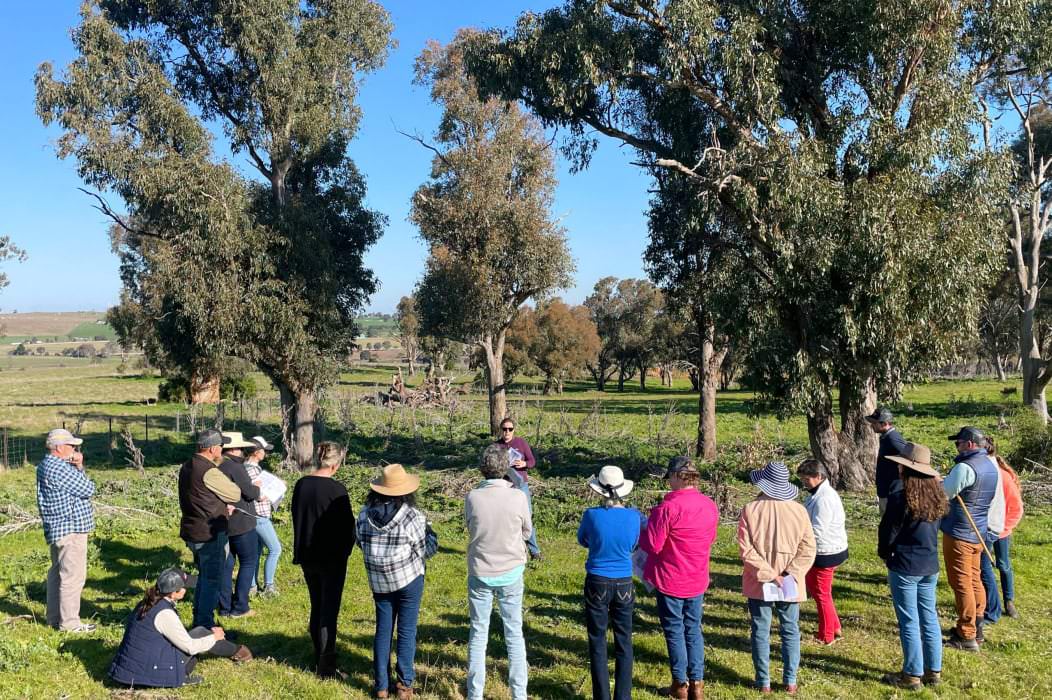
Landcare Ag has been developed with industry and stakeholder input to deliver an effective response to key agriculture sector needs.
Landcare Australia has structured the Program to ensure that the outcomes of our work will be complementary to future activities planned to support new market opportunities. Sign up to the Landcare Agriculture email updates.
Program Contact
For more information on the Landcare Agriculture program contact:
Angela Hammond
Landcare Agriculture Program Manager
[email protected]
Landcare Agriculture projects
For information about the Landcare Agriculture projects please visit: